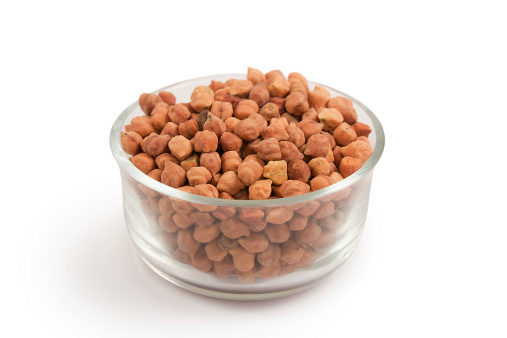Bridgewater, NJ—While many consumers may not equate starches with glycemic health, it’s important to understand that there are different types of starches and one branded form may actually help insulin sensitivity.
A team of researchers evaluated the effects of eating high-amylose maize type 2 resistant starch (HAM-RS2, Hi-Maize from National Starch, LLC, based here) in 11 overweight/obese, non-diabetic men and 22 overweight/obese women. The group received a control starch, 15 grams/day of the starch and 30 grams/day of the starch for a month each (in a random order). A three-week washout separated each period, which ended with an insulin-modified intravenous glucose tolerance test.
In men (but not women), taking resistant starch improved the insulin sensitivity more than the control; both doses of starch worked well. There was a 73% improvement in insulin sensitivity after receiving the larger dose of resistant starch and a 56% improvement after the smaller dose.
A separate trial (with results published in the Journal of Nutrition and Metabolism) found resistant starch from whole grains and legumes may “reduce the glycemic and insulin responses of the next meal, and even meals consumed the next day,” according to information provided by National Starch.
The results of the first trial were published in the Journal of Nutrition by a team from Clinical Research and Consulting, Inc. of Glen Ellyn, IL, and National Starch, LLC.
Published in WholeFoods Magazine, June 2012, online 4/19/12










